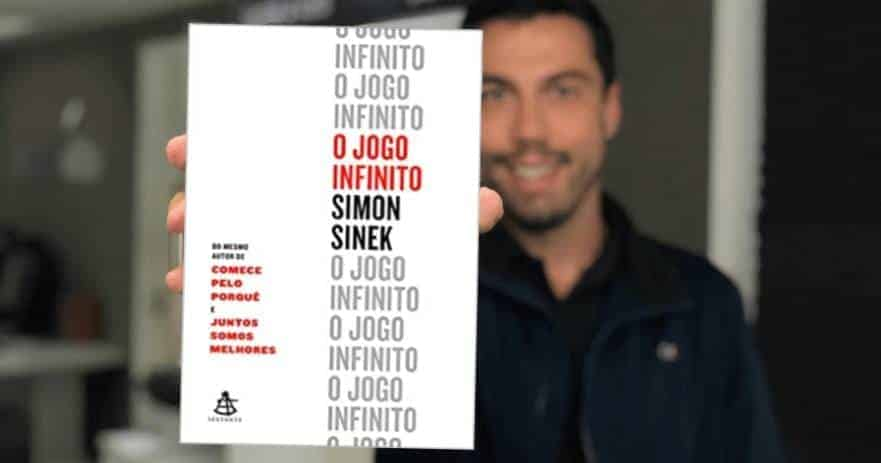
The Infinite Game - Simon Sinek
How can it be possible to win an endless game? And what is the difference between triumph and achievement? Discover how the infinite way of thinking can change the manner you lead, manage, negotiate, stand out and live your life.
Choose language:
